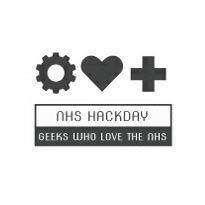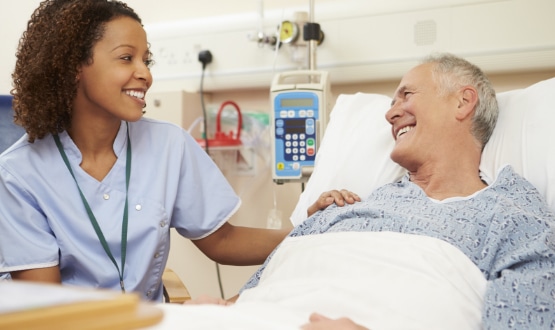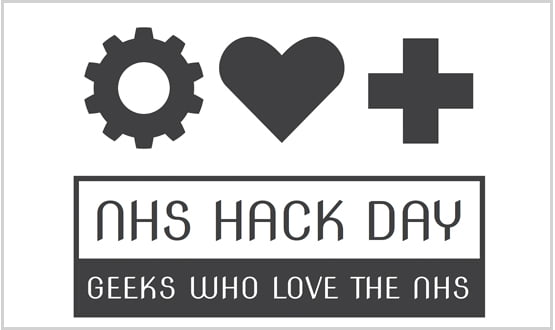NHS Hack Day presses for free wi-fi
- 29 April 2013

Two thirds of clinicians believe that having access to wi-fi would improve patient care, the first results of an ongoing nationwide survey on wi-fi in hospitals have suggested.
The NHS Hack Day community created the survey to find out how many clinicians have access to wi-fi, how many patients have access, and how this impacts patient care.
The survey is being run jointly by NHS Hackday, OpenGPSoC and HANDI. It was set up after discussions on the hack day’s Google group showed that most hospitals did not have free wi-fi access for clinicians and several complained that this was stifling app innovation.
Commenting on the Google group, Dr Marcus Baw, a locum GP who set up the survey, said that non-consultant doctors, who provide the majority of staffing in hospitals, are not given access to wi-fi.
“Oh yes there are networks, there’s hardly a corridor in my hospital without a Cisco router nailed to the roof, but they seem to be for managerial types and possibly consultants. Not the likes of me,” he said.
The survey, which is the first step in a campaign towards free wi-fi for clinicians, will run until further notice.
So far, results from 538 respondents show that 149 have no wi-fi network whatsoever in their place of work. A further 125 have said that their organisation has a free wi-fi network, but they do not have access to it.
Only 127 have said that they have access to wi-fi in the clinical setting in which they work.
Another commenter on the Google group said a lack of wi-fi access was impacting on patient care.
“I would like free wi-fi in hospitals because it will enable me to connect my device to the internet efficiently and I will able to use a range of apps/websites etc that will help my clinical practice,” he said.
Malcolm Newbury, founder of Guildfoss Limited and hack day enthusiast said it was important to get wi-fi access in place, but also make sure it was secure.
“The discussion bounces around what the access should be for and goes down a lot of security and confidentiality rabbit holes. We decide to have a survey of what’s out there and what people want.”
Newbury said there had also been a lot of talk around the possibility of using Eduroam, which is used to provide internet access in universities across Europe and is currently being piloted in several local NHS organisations.
The roaming service currently does not work across the N3 Janet Gateway or the N3 internet Gateway, however, Eduroam has been proposed as a new theme for the second round it ITK projects.
‘Free wi-fi for patients’, is a similar campaign run by John Popham, an independent consultant on social media and new technologies.
His campaign has been running for nearly two years, and has borne some fruit. Plymouth Hospitals NHS Trust, which previously offered a pay-for internet service to patients, recently announced that wi-fi would now be available free of charge.
Andy Blofield, director of Plymouth ICT Shared Services said: “For patients there is a great benefit to staying connected with friends and family and the world outside during what can be an anxious time in hospital.
“Staff have told us that free wifi would make a real difference and we felt it was important to listen to this request and deliver modern facilities in a modern hospital.”




